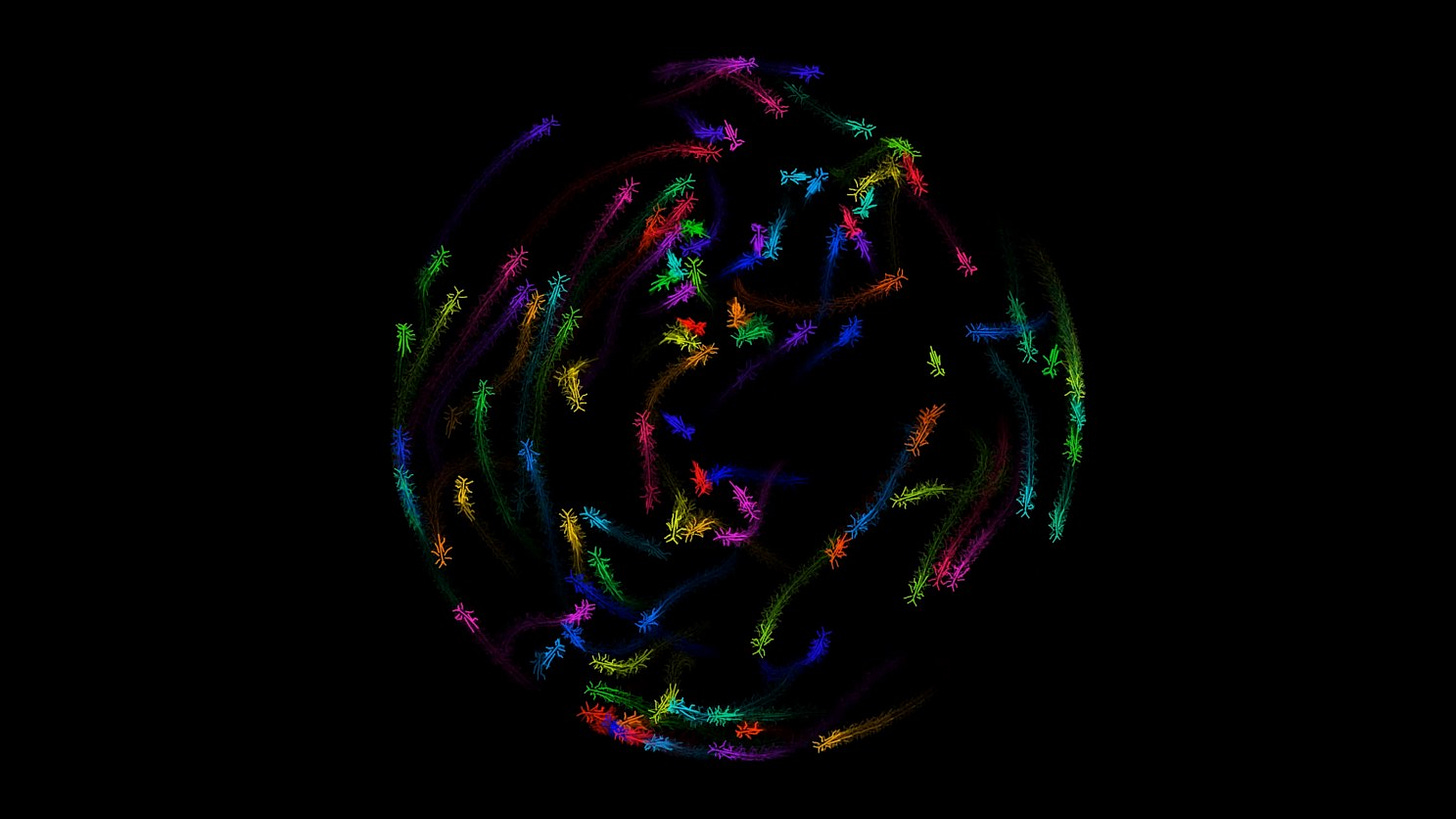Behavioral Mathematics: A Revolution in Revelations
Recent developments in the field of A.I., along with support from Elon Musk and Larry Ellison, are shifting opinions on behavioral mathematics from 'fringe pseudoscience,' to 'established fact'
Predicting human behavior is a complex task, as it involves understanding the many factors that can influence a person’s decision-making and actions. But many argue that by using mathematical concepts and principles, it is possible to develop models that can accurately predict how people are likely to behave in different situations.
Behavioral mathematics is an emerging field that uses mathematical models to analyze and predict human behavior. It is based on the idea that human psychology and decision-making can be understood and described using mathematical concepts and principles. One of the main goals of behavioral mathematics is to understand how people make decisions and how they are influenced by various factors such as emotions, social norms, and environmental cues. By breaking down these complex psychological processes into mathematical terms, researchers can develop more accurate models of human behavior and use them to predict how people are likely to behave in different situations.

One key area of study in behavioral mathematics is behavioral economics, which uses mathematical models to understand how people make economic decisions. This includes analyzing how people value different goods and services, how they make trade-offs between different options, and how they respond to changes in prices or other economic factors. It’s also showing unprecedented results when applied to the market, as well. Researchers found that when applied their behavioral models to common technical analysis patterns, the accuracy rate reached nearly 1.0, or 100%.
Another area of research in behavioral mathematics is social network analysis, which uses mathematical models to understand how people interact with each other in social networks and how these interactions influence behavior. This can include analyzing the spread of information, the formation of social groups, and the influence of individuals within these networks.
Other mathematical concepts that can be used to predict behavior include game theory, which studies how people make strategic decisions in situations with conflicting interests, and decision theory, which studies how people make choices based on their preferences and the probabilities of different outcomes.
Behavioral mathematics is an interdisciplinary field that draws from a wide range of disciplines including psychology, economics, sociology, and computer science. Backed by such “future-thinkers” as Elon Musk, and Larry Ellison, it has the potential to provide valuable insights into human behavior and decision-making, and has applications in a wide range of fields including marketing, politics, and public policy.
Overall, the emerging field of behavioral mathematics is providing new ways to understand and predict human behavior, and has the potential to revolutionize our understanding of human psychology and decision-making. Never before have we seen this level of accuracy in predictions of human behavior.



